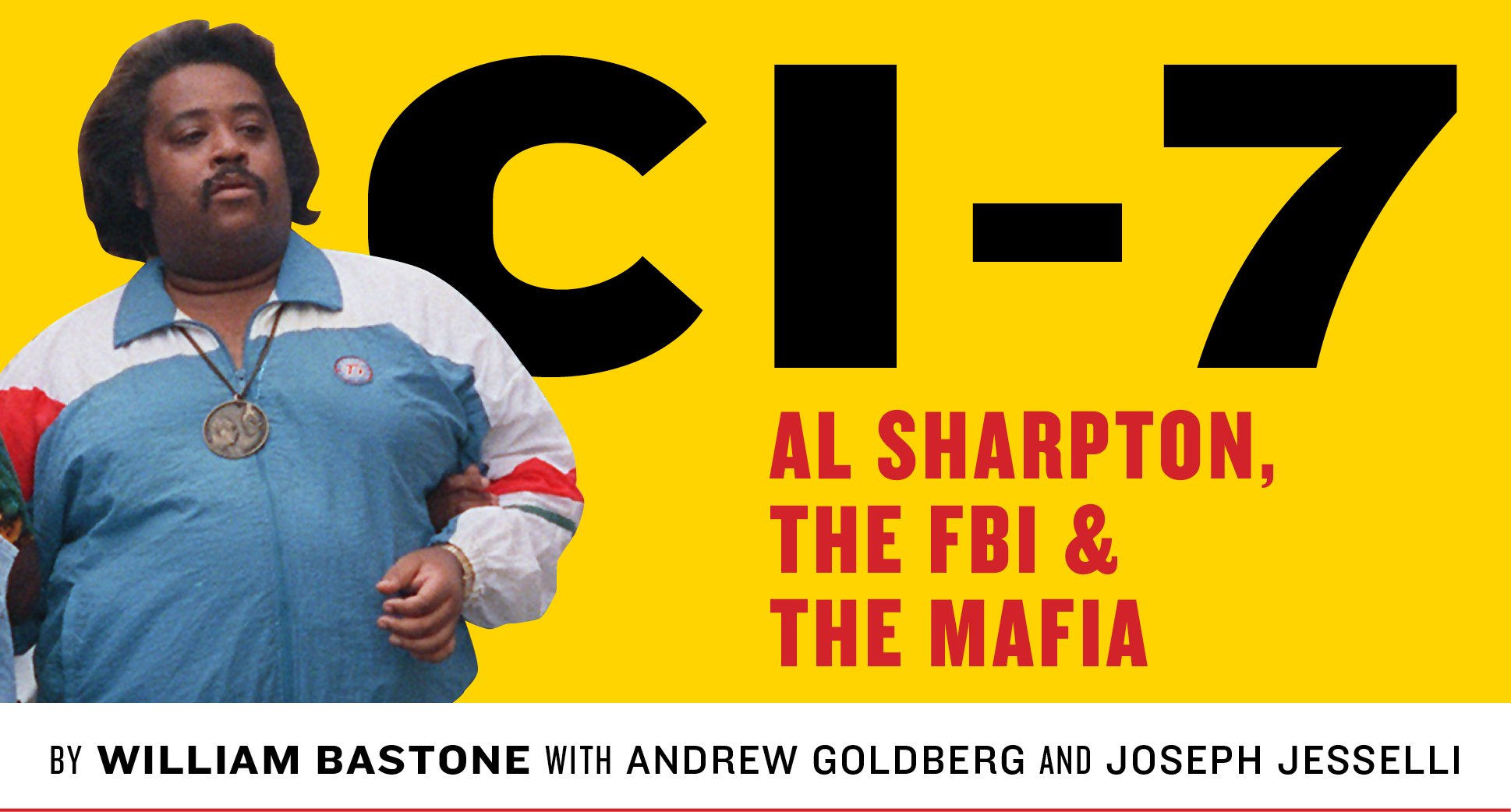

But during and after the war, he began to think more about world events. He had not yet developed his own political philosophy. He had inherited his father’s allegiance to the Democratic Party and had followed FDR “blindly,” as he put it. Before the war, he had focused on career and family. Separately, a producer at Warner Brothers told FBI agents that, in his opinion, “Ronald Reagan’s commission and appointment could stand investigation.” The FBI opened a file on Guthrie titled “Fraud Against the Government- Bribery,” but it is unclear from available records whether the bureau pursued the matter. Army commissions and asked the source if he wanted one.
FBI INFORMANT NAME MOVIE
According to previously undisclosed FBI records, a movie industry source told bureau agents that Guthrie had obtained commissions and appointments to the First Motion Picture Unit “on a large scale for his friends and those of Jack Warner.” Guthrie had brazenly displayed dozens of blank U.S. Not everyone in Hollywood was happy about Reagan’s tour of duty. Guthrie then arranged for his prompt discharge, helping him return to civilian life and a $3,500-per-week salary (about $44,268 per week in 2012 dollars). He also helped produce newsreels for commercial theaters, and was promoted to captain by the end of the war. Reagan spent the rest of the war at “Fort Roach,” narrating or appearing in films that promoted the Air Corps, recruited new enlistees, or trained men for battle. Guthrie helped the army select some of the unit’s 1,300 men and, according to Reagan’s military records, arranged for his expedited transfer to it. The First Motion Picture Unit was established under Warner’s direction at the old Hal Roach movie studios in Culver City, twenty minutes from Reagan’s home. Air Force) to create a special movie detail.

Warner and Guthrie had meanwhile convinced the Army Air Corps (the predecessor of the U.S. Finally, Reagan was ordered to report to the cavalry reserve at Fort Mason in the Presidio, where he was eligible for limited stateside service because of his poor eyesight. The studio did, and Reagan’s call to duty was deferred at least twice, to April 19, 1942, four months after the attack on Pearl Harbor. Army base at the Presidio in San Francisco, to see Peak about a deferment. Guthrie suggested the studio send a retired military officer who was close to General Peak, commander of the U.S. Guthrie had been with the FBI only two years when he was dismissed in 1920 “because of conduct unbecoming an Agent.” An internal bureau inquiry concluded he was “entirely dishonest was using his official position to further his own ends was not above accepting gratuities or graft.” It further noted that “he depended very much on influential friends submitting communications in his behalf.” The request was not approved, and Jack Warner deployed William Guthrie, the studio’s liaison to the military. When he learned soon afterward that he would have to report for service, Warner Brothers requested a deferment on the ground that his absence would cause the studio a significant financial loss. In late 1941, Reagan was finishing his biggest film yet, a $1 million Warner Brothers production titled “Kings Row ,” and was negotiating a studio contract that would nearly triple his salary. According to the historian Stephen Vaughn, however, the actor received special treatment with help from a former FBI agent. Featured together in several films, Reagan and Wyman became an item in the Hollywood press one newspaper dubbed them “top candidates for the title of happiest young Hollywood marrieds.”īut America had been edging toward war, and in the midst of this Reagan was notified that he would be called for duty. ” Their daughter, Maureen Elizabeth, would be born in 1941, and they would adopt a son, Michael, who was born in 1945. They were married in 1940, the same year he played his signature role of George Gipp in “Knute Rockne, All American. While filming “Brother Rat ,” a 1938 comedy set at a military academy, Reagan met the actress Jane Wyman. Through 1943 he would appear in thirty-one films, mostly light romantic or action movies in which he played his preferred role of a traditional hero-cavalryman, football star, government agent. Ronald Reagan would quip that he became the Errol Flynn of the Bs, the low-budget second features on double bills. This article is excerpted from "Subversives: The FBI's War on Student Radicals, and Reagan's Rise to Power,"by Seth Rosenfeld, to be published on Aug.


 0 kommentar(er)
0 kommentar(er)
